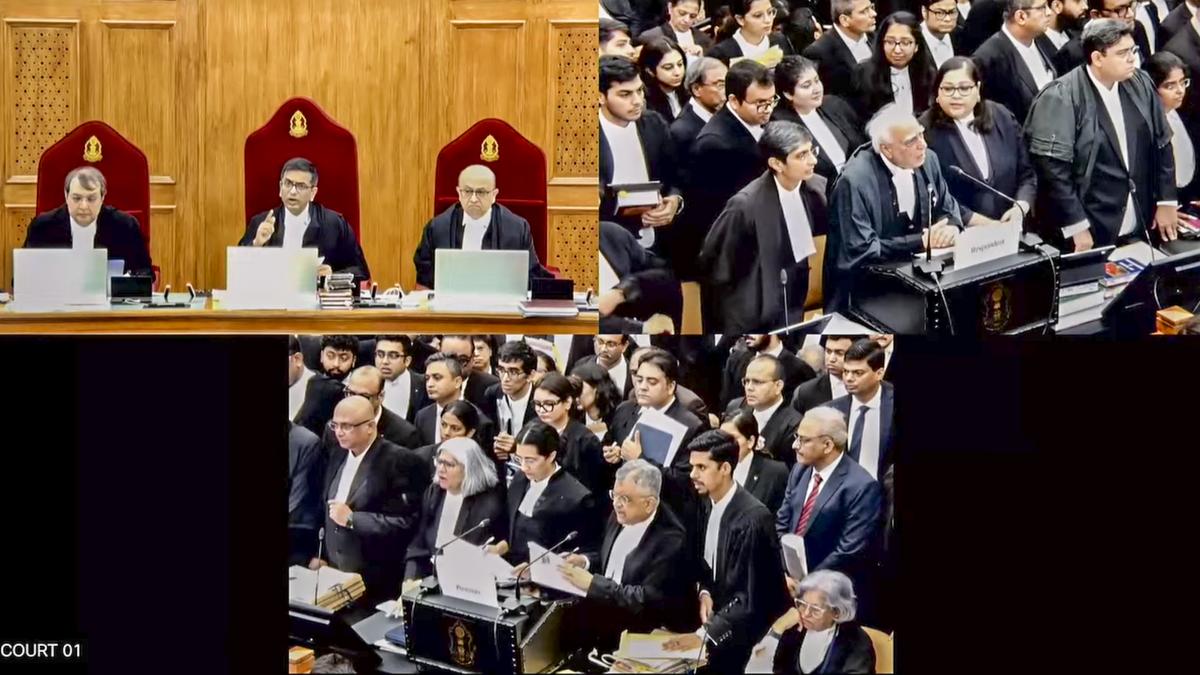 |
|
The Supreme Court of India has issued a scathing rebuke to the West Bengal government for its proposed scheme, 'Rattirer Sathi' (Friend in the Night), aimed at hiring private security guards to protect women medical students, doctors, and staff in government hospitals. The court's decision stemmed from a recent incident involving the rape and murder of a junior doctor at the R.G. Kar Medical College and Hospital, where the main accused was a volunteer. The court questioned the efficacy and safety of employing untrained contractual security personnel, highlighting their potential to pose a further threat to the very people they are meant to protect.
The court also expressed strong disapproval of the state's policy, issued in August, restricting women doctors to 12-hour shifts and prohibiting them from taking night duty. The Chief Justice of India, D.Y. Chandrachud, emphasized that women should not be denied equal opportunities to work in a safe environment. He argued that women doctors, like professionals in other fields, should not be excluded from nighttime work due to their gender. This restriction, the court determined, was a violation of the constitutional guarantee of gender equality.
In response to the court's concerns, the state government agreed to withdraw the policy limiting night shifts for women doctors. The court, however, maintained its stance against the 'Rattirer Sathi' scheme, emphasizing that the protection of medical institutions should be entrusted to regular police personnel, not private security guards. The court further highlighted the vulnerability of young medical students and the potential dangers associated with hiring untrained and potentially unreliable private security personnel. To address concerns regarding security within the hospitals, the court suggested implementing biometric access facilities for designated areas like duty and rest rooms, limiting access to unauthorized individuals.
The Supreme Court's decision underscores the importance of ensuring a safe and equitable environment for women in the medical profession. The court's intervention not only addresses the immediate concerns about security at medical institutions but also sets a crucial precedent regarding the promotion of gender equality in the workplace. The ruling emphasizes that women professionals, like their male counterparts, deserve equal opportunities and access to all aspects of their profession, free from discriminatory practices and undue limitations based on their gender.
Source: Supreme Court slams Bengal Government’s plan to hire private guards to protect women doctors
